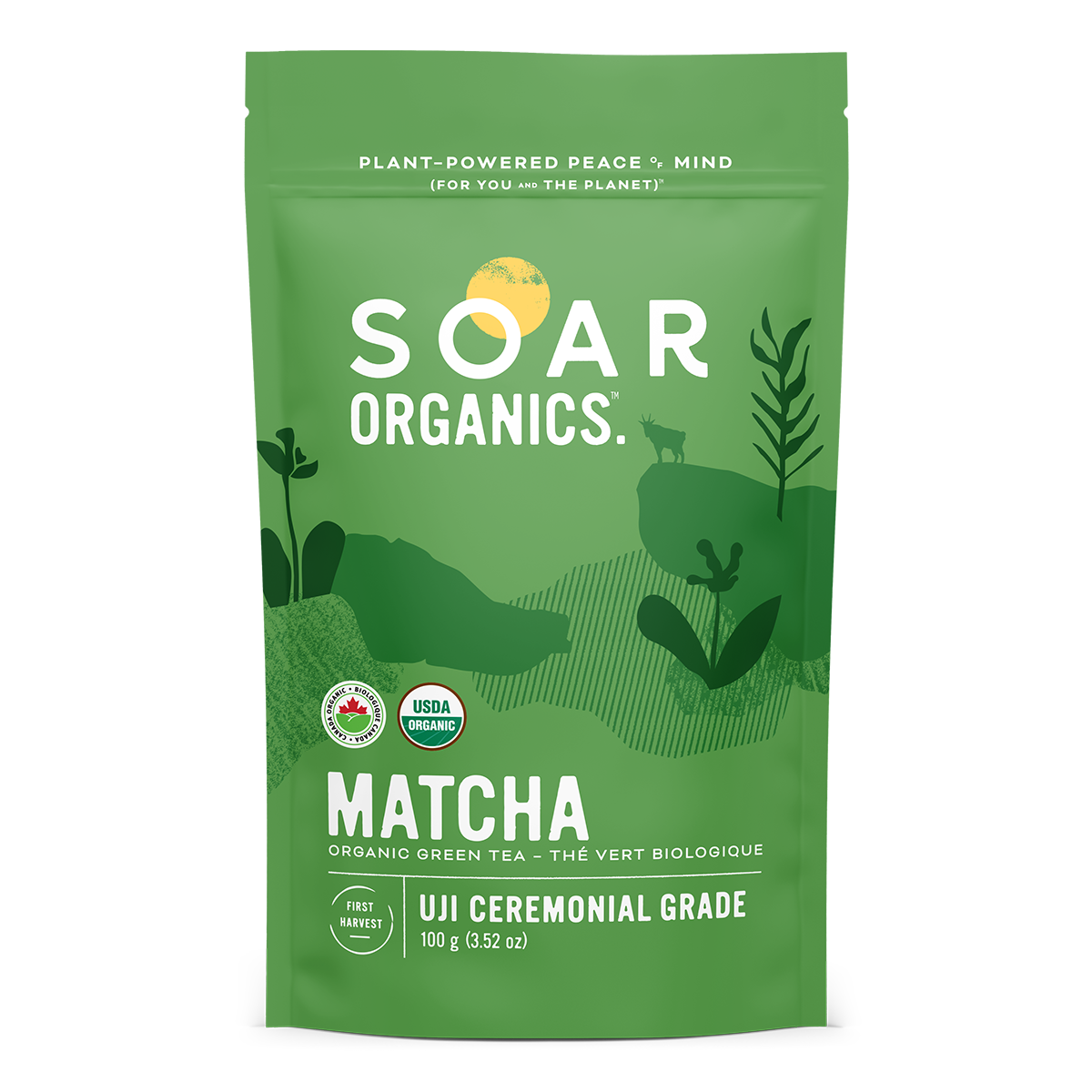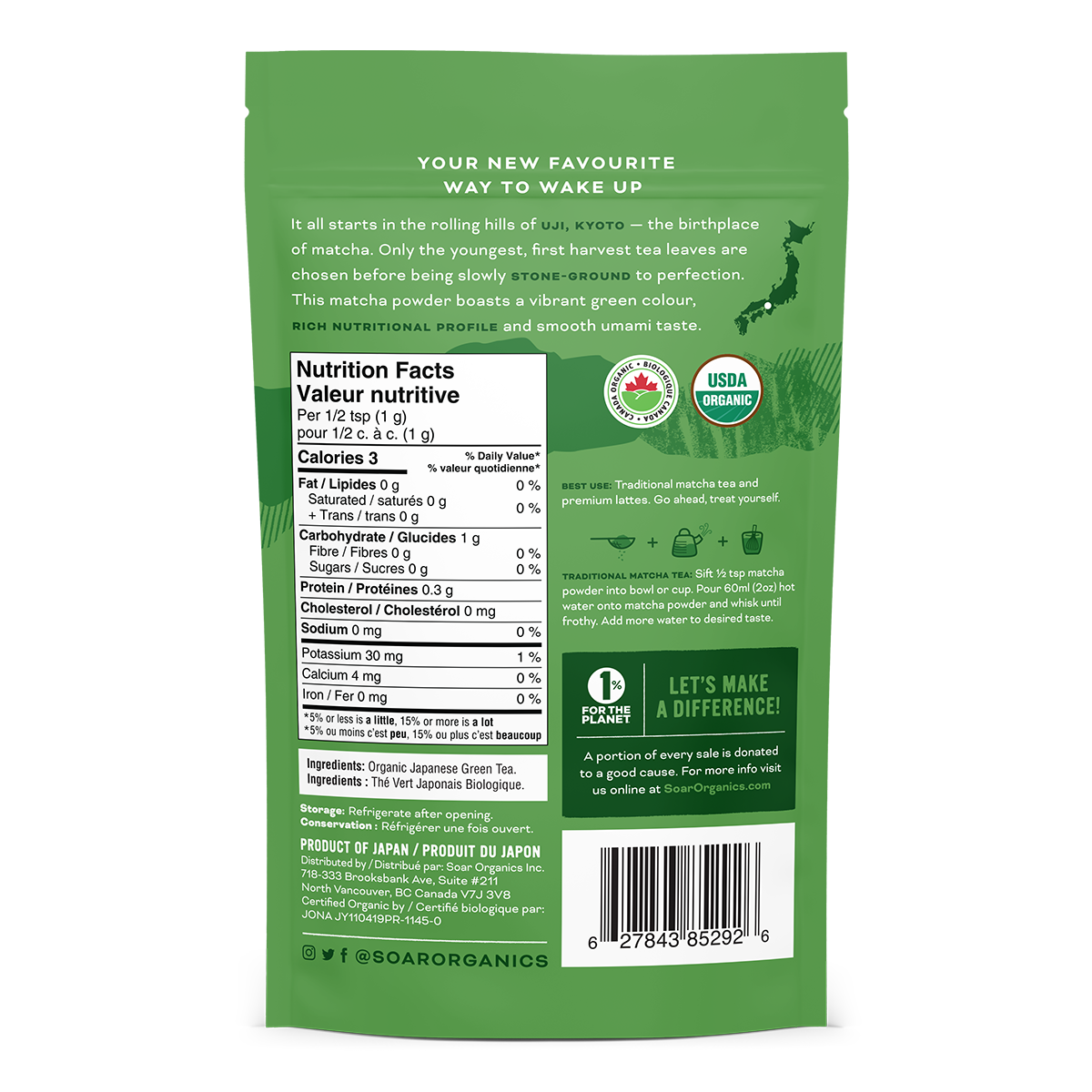

· By Soar Organics
Is There a Matcha Shortage? An In-Depth Look at Japan's Matcha Supply
Over the past few years, matcha green tea has become a global sensation. Whether sipped as a frothy latte, whisked into ceremonial grade tea, or incorporated into trendy desserts, matcha is now a staple in many cafes, kitchens, and health food stores worldwide. However, reports about a potential matcha shortage have sparked concern among enthusiasts and businesses alike. Is there really a matcha shortage? We'll dive in and share insights directly from our partner farms in Japan.
The Growing Popularity of Matcha
Matcha’s rise can be attributed to several factors:
-
Health Benefits: Rich in antioxidants, particularly catechins, matcha has been linked to improved brain function, heart health, and metabolism. It also contains L-theanine, which promotes relaxation without drowsiness.
-
Cultural Appeal: Matcha’s ties to traditional Japanese tea ceremonies add an element of cultural appreciation and ritual that appeals to many consumers.
- Versatility: Matcha’s vibrant green color and unique flavor profile make it a favorite ingredient for beverages, baked goods, and other products.
With increasing demand, particularly in markets like North America and Europe, the pressure on matcha producers has intensified.
Matcha Production: A Labor-Intensive Process
Producing high quality matcha is a meticulous and labor-intensive process:
-
Shading: Tea plants are shaded for several weeks before harvest to enhance chlorophyll production and amino acids, giving matcha its vivid color and umami flavor.
-
Harvesting: Only the youngest, most tender leaves are picked for ceremonial grades.
- Processing: Leaves are steamed, dried, de-stemmed, and ground into powder using traditional stone mills.
These steps require skilled labor and time, which can limit production capacity.
Factors Contributing to a Potential Matcha Shortage
Increased Global Demand:
The surge in matcha’s popularity has outpaced the expansion of production infrastructure. Farmers often need years to cultivate new tea plants to meet growing demand.
Limited Processing Facilities:
Processing matcha requires specialized equipment and existing facilities are limited. In fact, it takes about an hour to produce just 30 grams of matcha on a traditional stone mill. This speaks further into the inability to keep up with increased demand due to the slow, deliberate production process.
Limited Growing Regions:
Authentic matcha comes primarily from Japan, where suitable growing conditions and traditional practices are concentrated. While other countries like China and Taiwan produce green tea powder, it’s not considered "true" matcha by purists.
Climate:
Extreme weather events, such as typhoons, heavy rains, and droughts, have impacted tea-growing regions in Japan, particularly Uji, Kagoshima, and Shizuoka—renowned for their high quality matcha. Rising temperatures can also affect the growth cycle and flavor profile of tea plants.
What Does This Mean for Matcha Lovers?
While there is no catastrophic shortage at the moment, the confluence of these factors has created tight supplies. Availability may vary by matcha product depending its specific production capacities. We've noted that ceremonial matcha (spring harvest) seems to be particularly affected.
How Producers Are Adapting
Innovations in agriculture will be key moving forward. Farmers are adopting more sustainable practices and experimenting with shade-growing techniques to enhance yields. Efforts to mitigate climate change impacts, such as improving irrigation systems and planting hardier tea cultivars, are underway.
There has also been a motivational shift amongst established tea farmers in Japan. With the increasing demand of matcha, many farmers are now growing tencha (matcha leaves) as opposed to sencha, and broadening growing regions where possible.
Final Thoughts
While matcha production faces challenges, the industry is adapting to ensure that this beloved tea remains available to consumers. For now, there’s no need to panic about a complete matcha shortage—but appreciating the care and effort that go into every tin of matcha might make that next cup taste even better.
So, matcha waiting for?
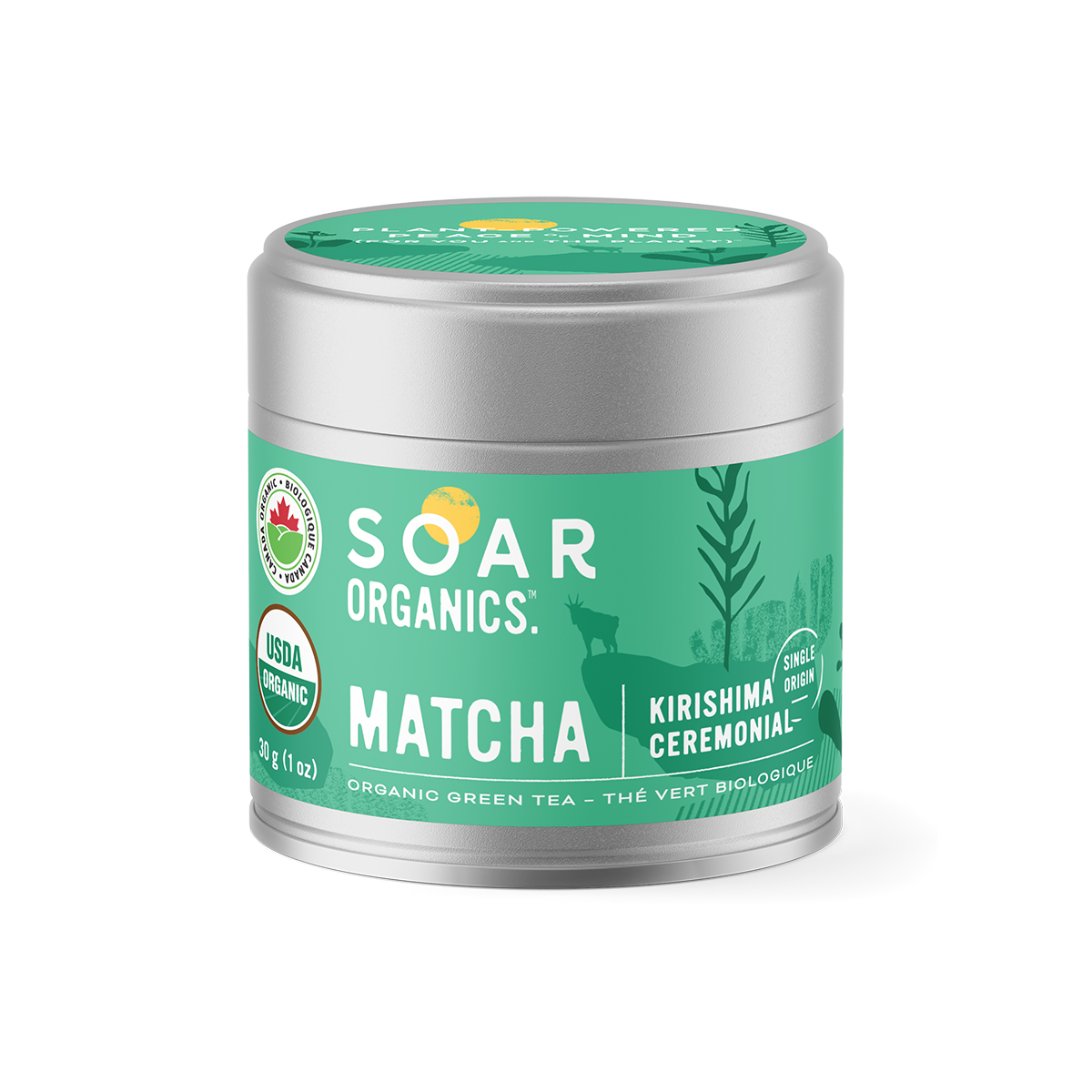
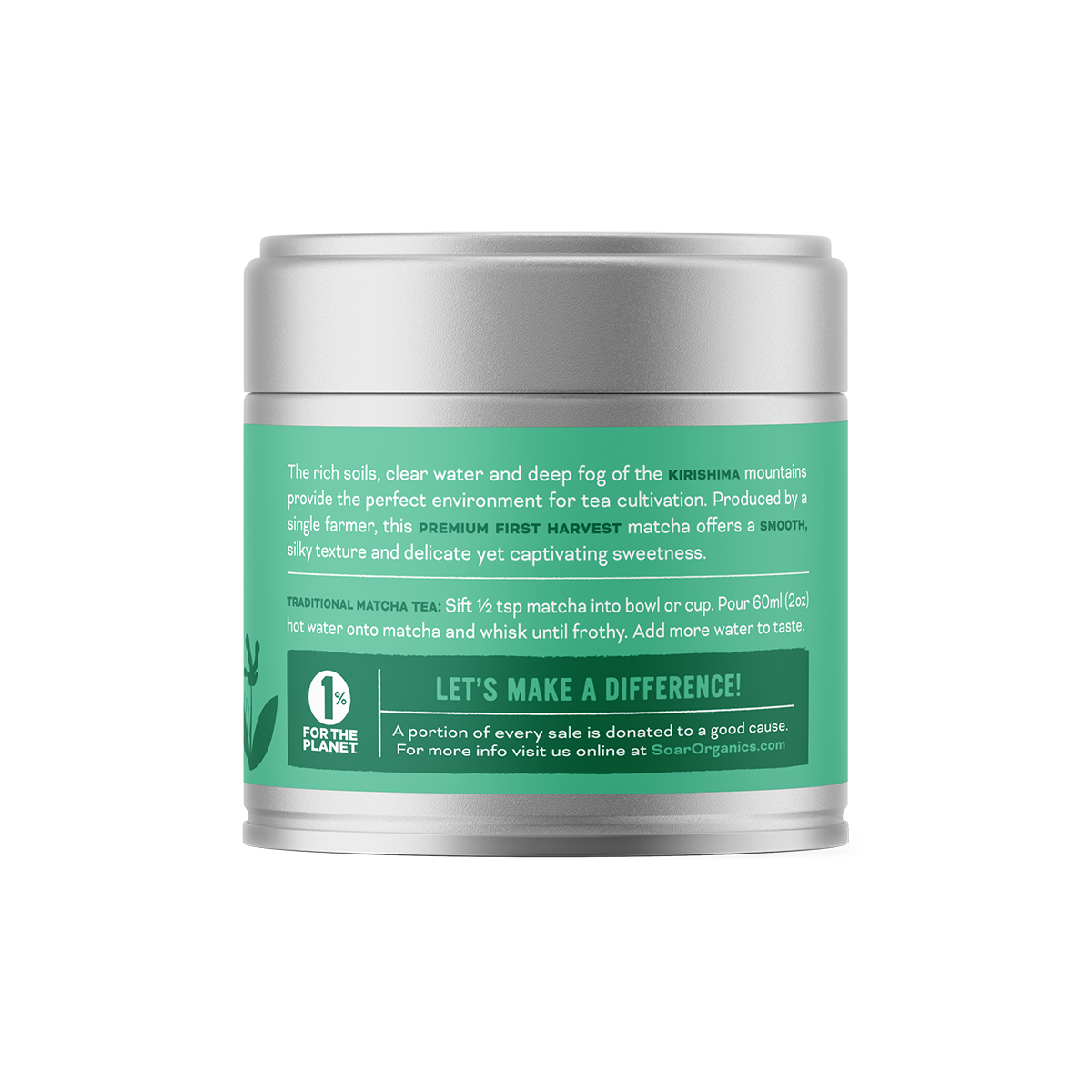 Kirishima Ceremonial Matcha - 30g
Kirishima Ceremonial Matcha - 30gKirishima Ceremonial Matcha - 30g
Regular price $36.99Unit price per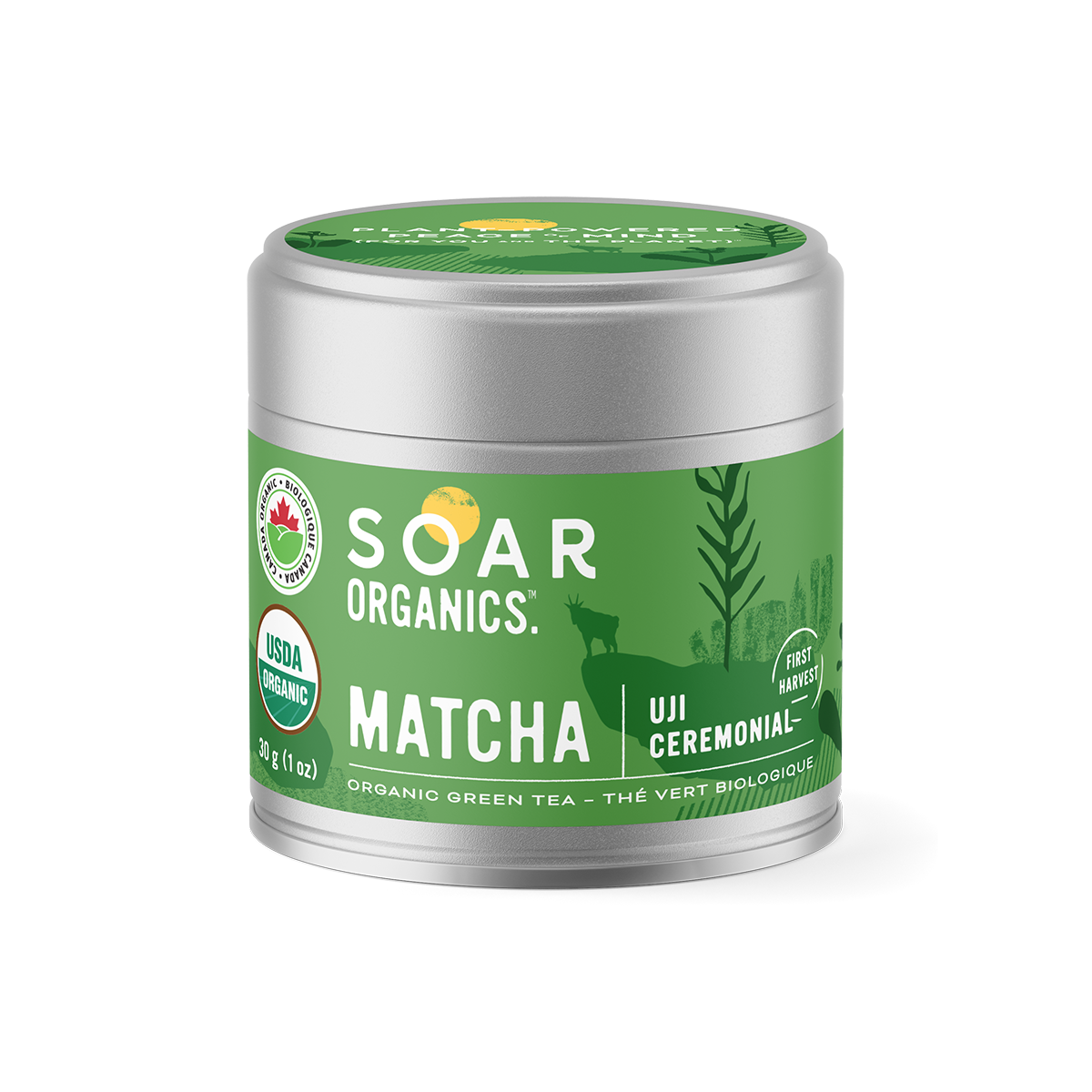
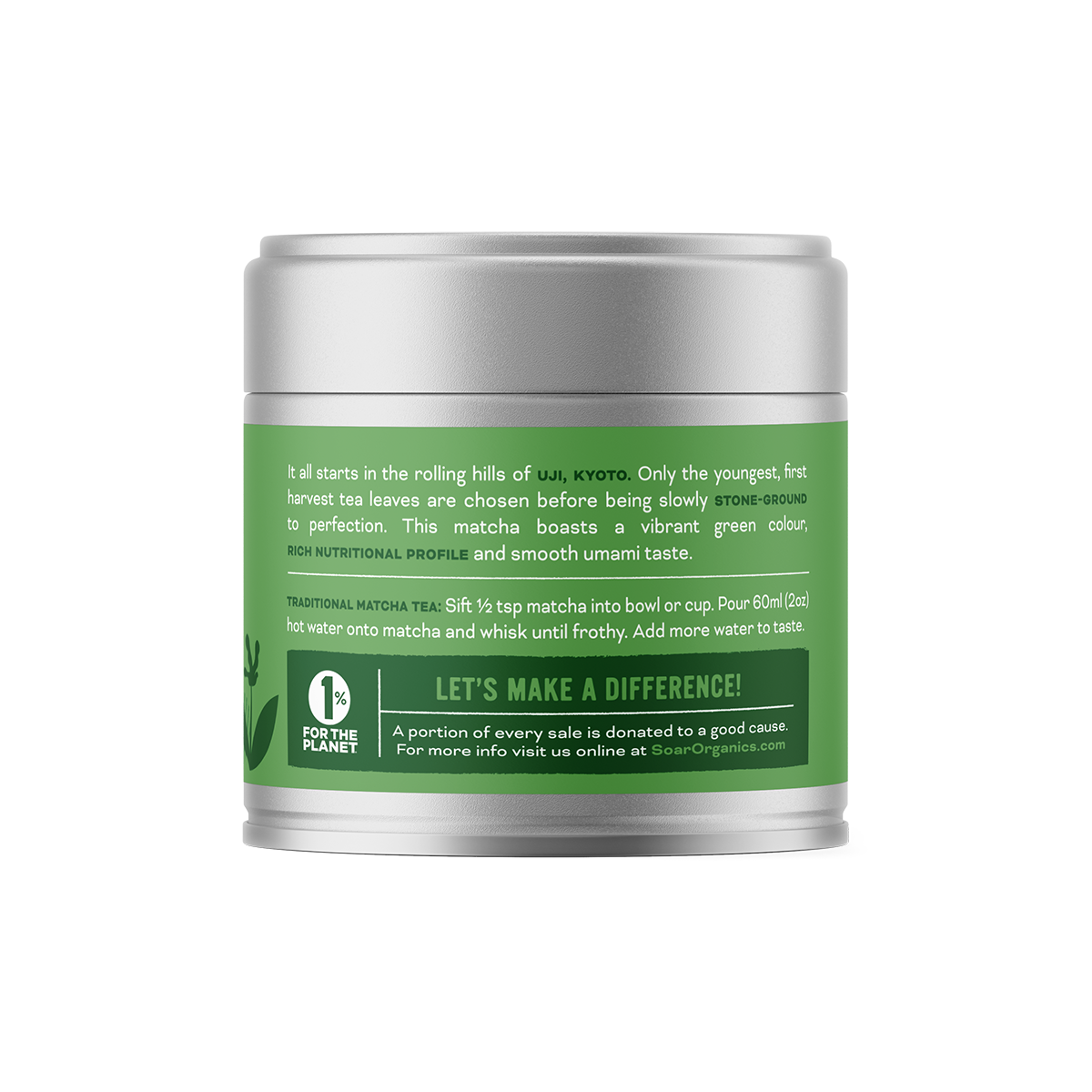

 Kirishima Ceremonial Matcha - 100g
Kirishima Ceremonial Matcha - 100gKirishima Ceremonial Matcha - 100g
Regular price $76.99Unit price per